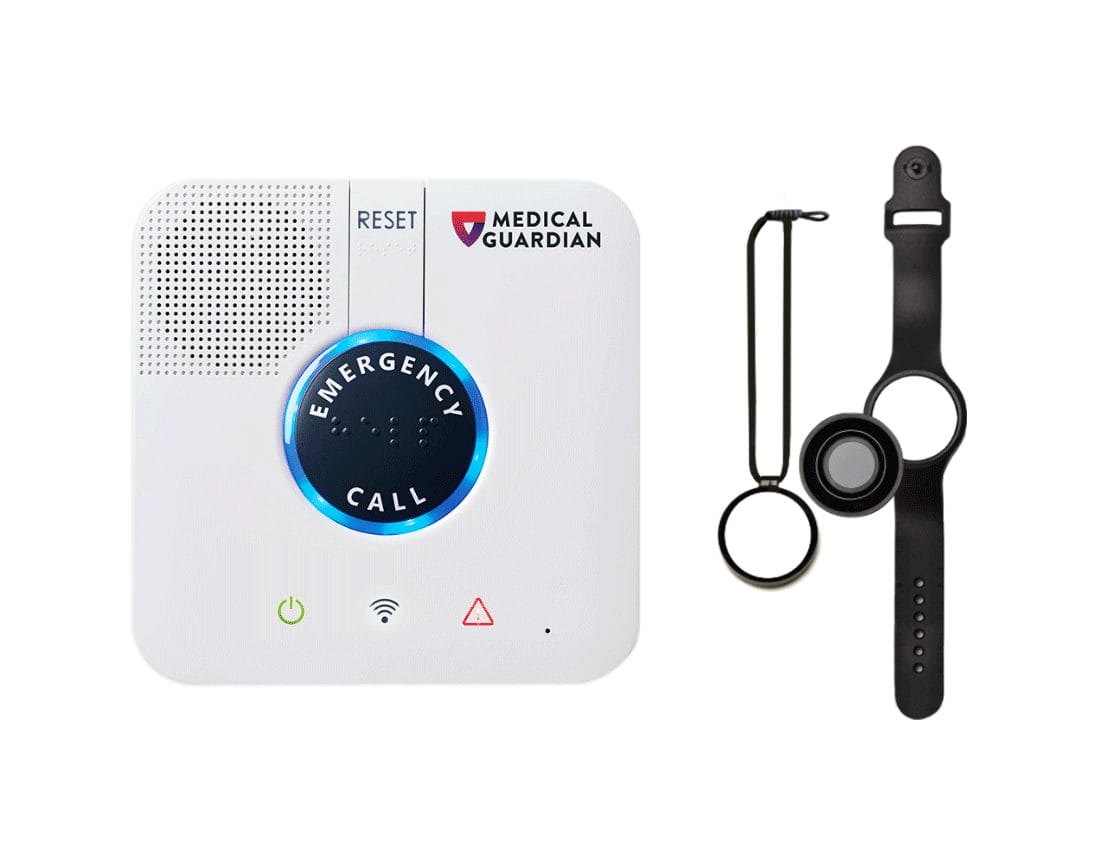
The term “senior care” is a broad term for all long-term care support available to help someone age in place or in a senior living community. Some may consider a Medicare Advantage (also known as Medicare Part C) plan to help pay for certain senior care services. In this article, we’ll share insights on how Medicare Advantage could cover senior care and how these plans compare to original Medicare.
Original Medicare, at its core, covers certain inpatient and hospital visits, and it doesn’t cover many nonmedical services seniors need. Some Medicare Advantage plans may cover additional long-term care services that original Medicare doesn’t, and here’s what you need to know.
What kinds of senior care services could Medicare Advantage (Medicare Part C) plans cover?
Exact Medicare Advantage service coverage varies from plan to plan and county to county. The primary benefits that you’ll find in Medicare Advantage plans include:
- •Dental.
- •Vision.
- •Hearing.
In addition to these benefits, plans can add and include more benefits to help members and their families stay healthy. According to ATI Advisory, many new supplemental benefits are not primarily health related, making it easier for seniors to access nonmedical services. Some of those include:
- •Meal support.
- •Food and produce.
- •Nonmedical transportation.
- •Pest control.
- •Air quality equipment.
- •Social needs interventions.
- •Therapies that complement care.
- •Self-direction support.
- •Home modification.
- •General support for living.
More specific offerings from certain plans we’ve researched include:
- •Wigs for chemotherapy.
- •SilverSneakers, a fitness program.
- •Part B payback programs.
- •Remote patient monitoring.
Select benefits are offered through plans that are designed for dually eligible members (individuals who are eligible for both Medicaid and Medicare), which are called D-SNP plans.
Who is eligible for Medicare Advantage?
You can sign up for a Medicare Advantage (Medicare Part C) plan if you are eligible for or enrolled in Medicare Parts A and B, also known as original Medicare. The minimum age to use Medicare services is 65; however, you can enroll up to three months before and up to three months after your 65th birthday.
This time frame spans seven months, also known as your initial enrollment period. There are also annual enrollment periods each year.
Medicare Advantage vs. original Medicare
Medicare Advantage is a private insurance option for Medicare-eligible individuals. All Medicare Part C plans must offer the same essential benefits as original Medicare, including parts A (hospital insurance) and B (medical insurance).
You do have to choose between Medicare Advantage and original Medicare; you can’t use both simultaneously.
One key difference between Medicare Advantage and original Medicare, according to Lynn Smythe, the Content Manager at Medicare Benefits Solutions, is that “many people also opt to get a Part D prescription drug plan in addition to their original Medicare, while most Medicare Advantage plans include prescription drug coverage.”
If you or your loved one uses a lot of prescriptions, that may be an essential consideration in your search for a plan that suits your needs.
Benefits and drawbacks of Medicare Advantage and original Medicare
You might want to use either option for several reasons, and we’ll lay out a few pros and cons for both.
Pros of Medicare Advantage
- •You can get additional coverage that you traditionally wouldn’t get in Medicare.
- •Some plans have $0 monthly premiums.
- •Medicare Advantage has proven results with certain conditions. A 2022 study shared that Medicare Advantage members with complex care needs didn’t go to the hospital or require emergency department visits as often as their non-Medicare Advantage peers.
- •Medicare Advantage plans also have an out-of-pocket maximum.
Cons of Medicare Advantage
- •These plans aren’t available everywhere.
- •Medicare Advantage plans have closed or restricted provider networks.
- •Serious illness and certain conditions may result in high costs that a member can’t afford.
Pros of original Medicare
- •You can choose any provider you want if they accept Medicare.
- •Original Medicare plans will cover most of your medical needs.
Cons of original Medicare
- •There are no out-of-pocket maximums.
- •There are penalties for signing up late (if you miss your initial enrollment period after you turn 65).
- •Medicare is working off of a limited and shrinking budget.
Again, there is no right or wrong answer regarding original Medicare or Medicare Advantage, and it’s important to make a choice that is best for you and your family’s situation.
Conclusion
There are major differences and similarities between original Medicare and Medicare Advantage, and there’s no right or wrong way to choose coverage.
Medicare Advantage plans cover many senior care services, and you can use these tips to find a plan that works for you and your family’s unique situation.








